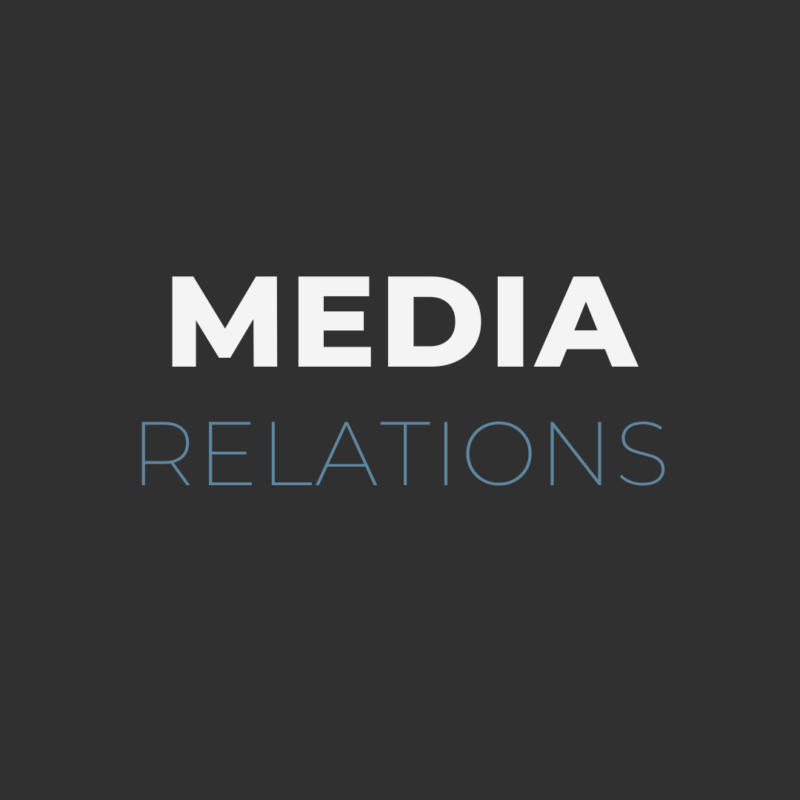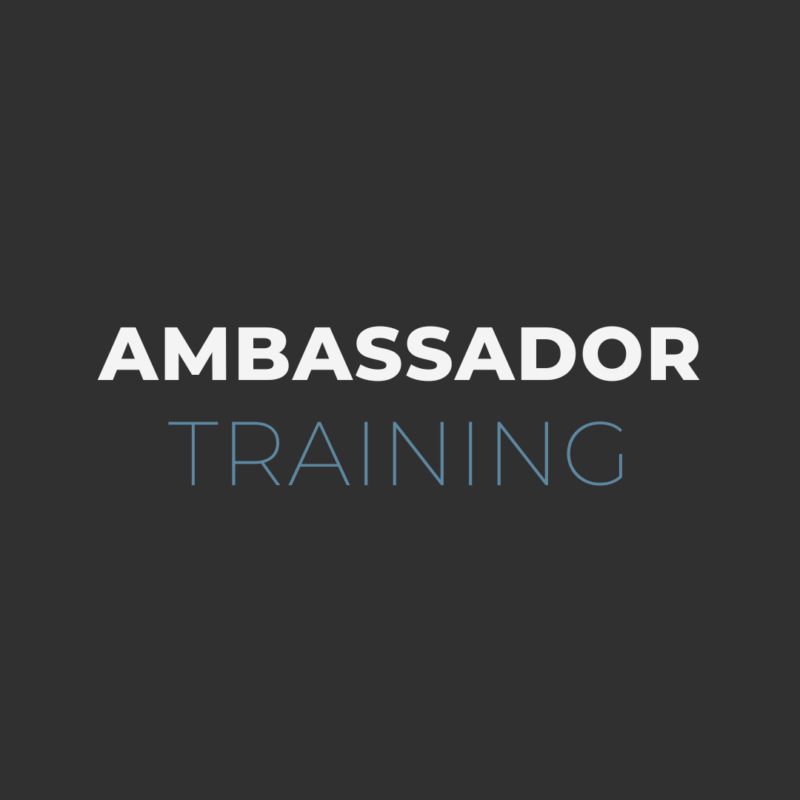Public relations: It’s not just about social media
Very often, we get application after application for internships and account assistant positions from soon-to-be college grads who put all of their proverbial eggs in one large social media basket. While social media is a critical component of the vast majority of our clients’ strategies, and it will be for years and years, we didn’t get to where we are now with witty posts, eye-catching graphics, likes, shares and impressions. If your dream is to land a career in a social media-specific role, then you likely made the right choice by filling your college experiences with social media studies and internships. But if you are looking for a role in public relations that allows you to spend time in research and then plan and execute a wide variety of communication strategies and tactics, it’s time to look beyond Facebook, Instagram, TikTok and the like.
Broaden and refine writing skills
Yes, social media does involve writing. But there’s more to it than a quick snippet and nice photo. Writing is at the very core of the public relations discipline. Communication professionals must be skilled in writing for all kinds of mediums – website copy, print ads, letters from CEOs to stakeholders, brochures, e-newsletters, persuasive op-eds, TV commercials and the list goes on. It’s these types of pieces and the nuance behind each that will set you up for success in PR and will translate to social media responsibilities. Look at which writing classes are offered outside of college communication departments. Marketing and English concentrations will have classes to take as electives. Look for creative writing opportunities online or through a professional organization. And, being able to show that you’ve stretched yourself and refined your skills in writing will speak volumes to the PR professional reviewing your application.
Study journalism
One of the most long-standing PR practices is media relations, and it’s one thing that can be difficult to learn at the college level. Most PR professionals understand that recent college grads may have some inkling as to what that means, but most are not coming into a job with a ton of hands-on media experience. While we don’t expect you to know who to pitch a story to at the Wall Street Journal about a wildly successful and rapidly growing franchise founded by a local 16-year-old student at the drop of a hat, studying journalism and even completing a journalism internship will give you the perspective needed to serve media professionals in your community or career industry well. It is not easy, and it takes skill and the ability to form relationships with journalists to execute this type of PR strategy successfully.
Take a public speaking class
Cringe! Some of us shudder at the thought of having to speak publicly, whether in front of a large crowd or at an important board meeting. It doesn’t come naturally to many people and is a skill that must be practiced consistently. Even if you don’t plan to seek a position that serves as a spokesperson or the face of a business or organization, public speaking skills come in handy in a number of PR settings. It could be as routine as a client meeting or as nerve-wracking as presenting a yearlong PR plan to a 25-member board for a large organization. Public speaking skills are very valuable in those settings or in live settings such as leading a panel discussion, a webinar, speaking on a podcast or preparing your client to go on television. Confidence in PR is extremely important. Part of a PR pro’s role is to instill confidence among clients or your CEO in the communication strategies you’ve developed for them. If you don’t exude confidence, it can be difficult for some to trust your expertise. And, public speaking experience can help set you up for these job responsibilities.
Overall, look out for every opportunity to hone skills and build a solid foundation for a career in PR, which will make you more marketable to a variety of positions in the communication field — think agency, corporate, nonprofit and education. Each needs a robust PR plan, including but limited to social media.



